Person Explains The Scientific Consequences Of Not Getting Enough Sleep In A Viral Twitter Thread
Remember the last time you had a fully well-rested all-nighter, aka 8 heavenly hours recommended by doctors? Yeah, primary school was great. ‘Cause many of us keep rollin’ on not even fairly enough hours of sleep, believing that brain fog is just a modern modus operandi.
But all jokes aside, not getting enough shut-eye time is seriously putting our bodies at risk. And one Twitter user has just done everyone a favor and listed all the reasons, loud and clear, just why sleep deprivation is so harmful.
From wrecking your immune system and weakening your arteries to waving off your emotional sanity, these are very eye-opening points to close them. With 133.5K likes and 52.6K retweets, the thread went viral, and we hope for a surge in good night emojis.
This Twitter user explained what not getting enough sleep does to our bodies and it went viral
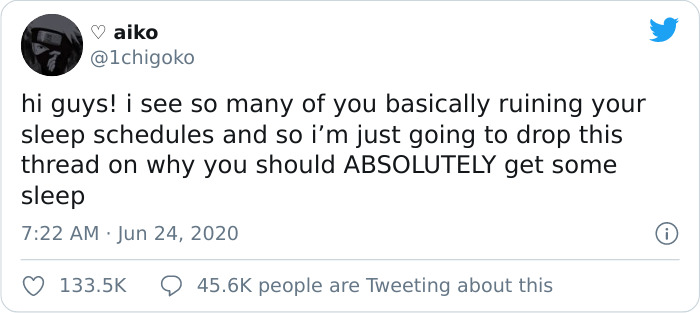
Image credits: 1chigoko
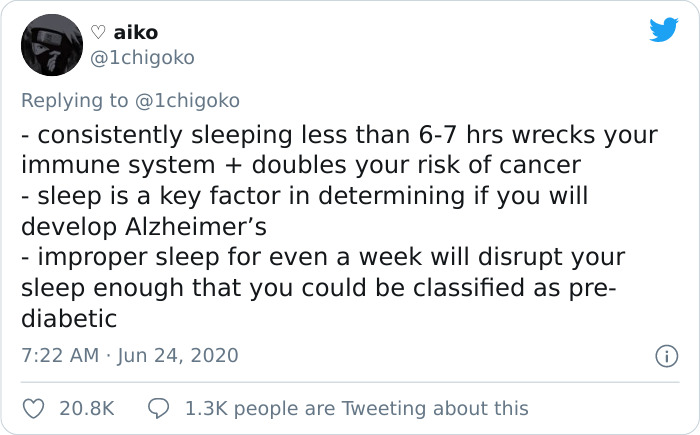
Image credits: 1chigoko
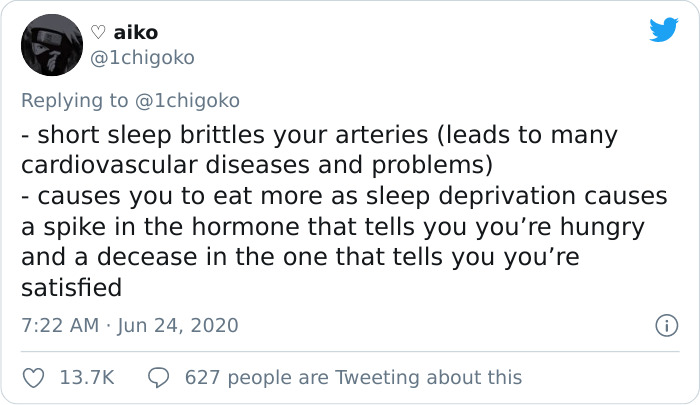
Image credits: 1chigoko
Bored Panda reached out to Dr. Vicki Creanor, a Glasgow-based clinical psychologist with a specialization in sleep, to talk about just why getting a good night’s sleep is so important. Vicki emphasized that good quality sleep is so vital because it lets our bodies heal and reenergize.
It also has a great effect on our long-term aspects of life like memory, concentration, and emotional well-being. “We often see that those with poor sleep struggle to regulate their emotions as well as those who get good quality sleep each night,” explained Vicki.
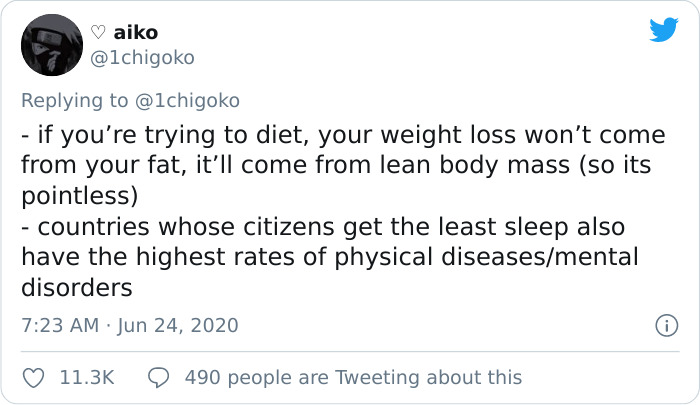
Image credits: 1chigoko
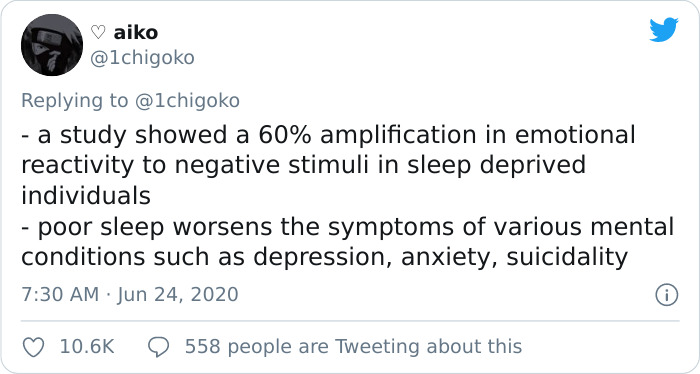
Image credits: 1chigoko
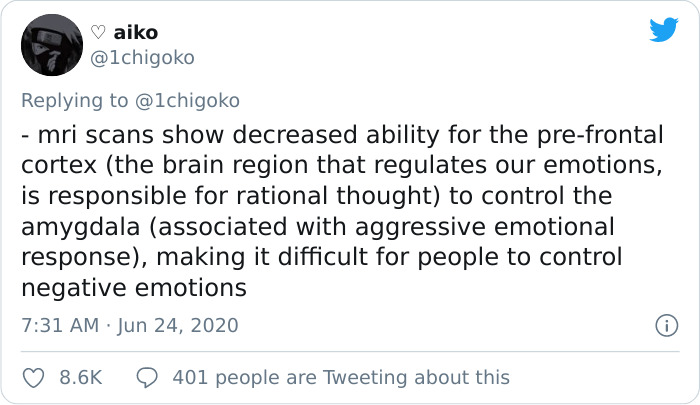
Image credits: 1chigoko
However, the psychologist warned against the common misconception that everyone needs all 8 hours of sleep.
“It very much varies from person to person—you tend to know when you’ve not had enough sleep by how tired you feel upon waking or throughout the day,” Vicki commented. That’s why listening to our bodies is much more important than simply counting the hours spent with eyes closed.
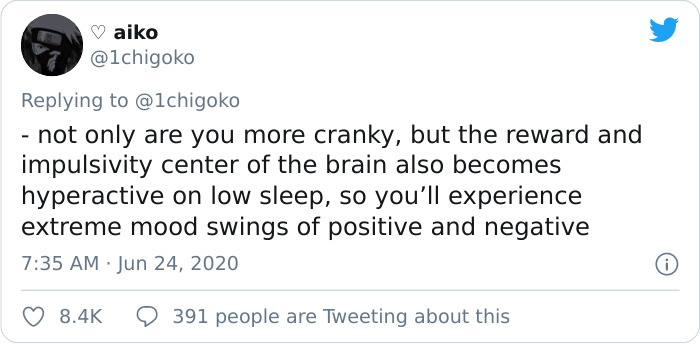
Image credits: 1chigoko
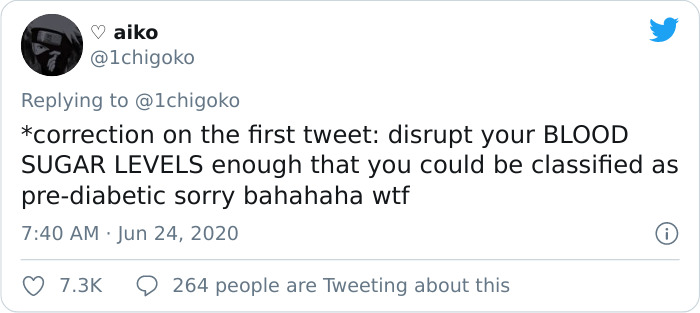
Image credits: 1chigoko
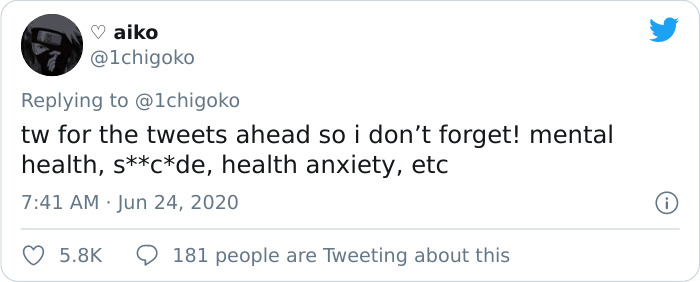
Image credits: 1chigoko
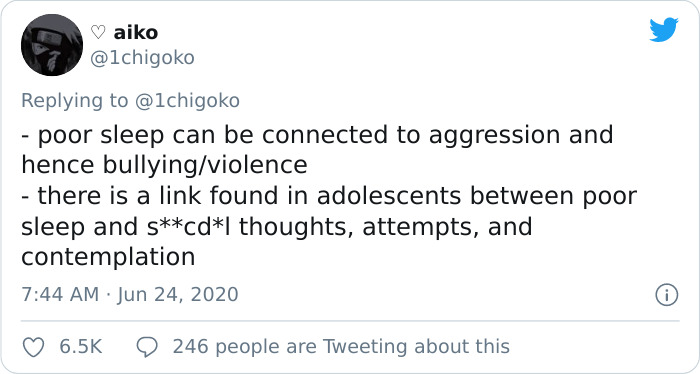
Image credits: 1chigoko
Vicki also suggests adapting good sleep habits like “avoiding caffeine late in the day, keeping bed for sleep, and having a consistent wind-down routine before bed.” Plus, even though many find it challenging, “keeping technology out of the bedroom impacts hugely on quality of sleep.”
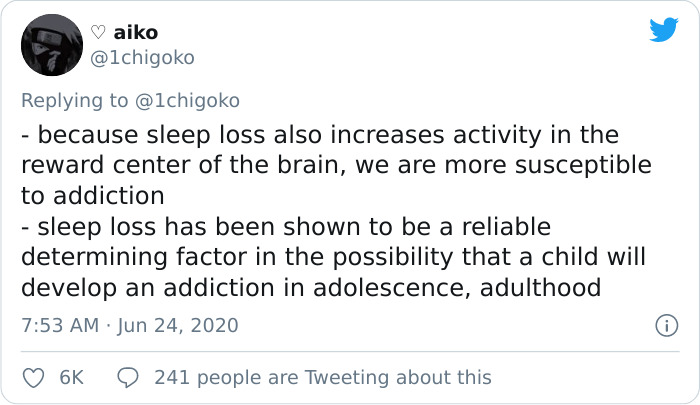
Image credits: 1chigoko
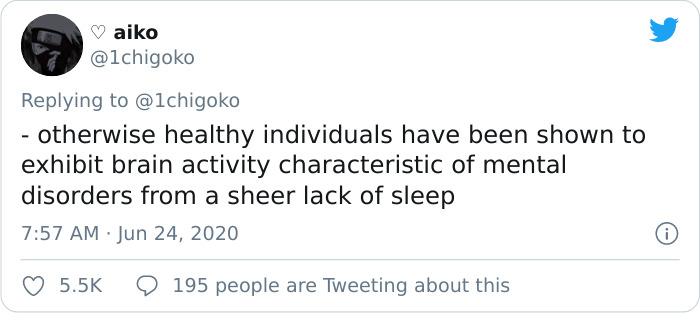
Image credits: 1chigoko
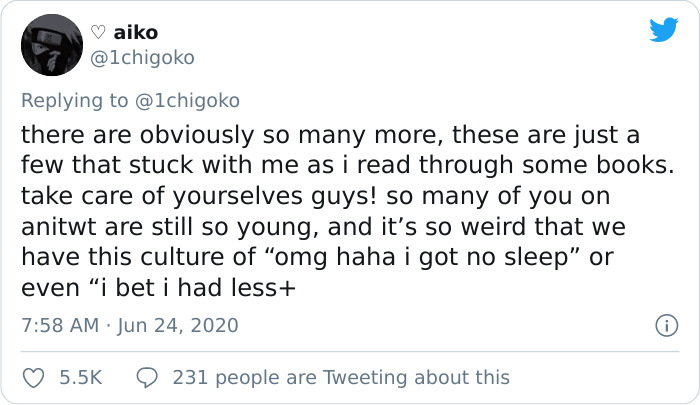
Image credits: 1chigoko
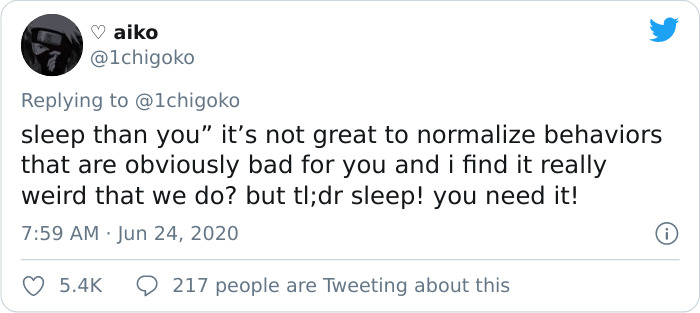
Image credits: 1chigoko
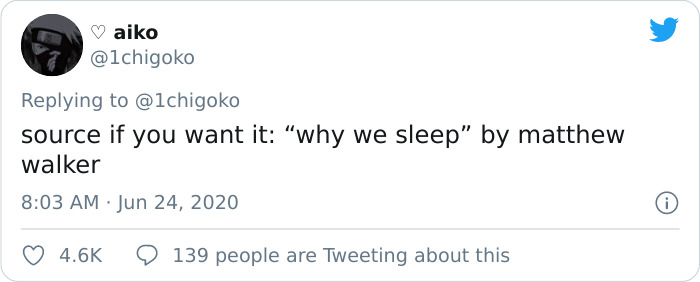
Image credits: 1chigoko
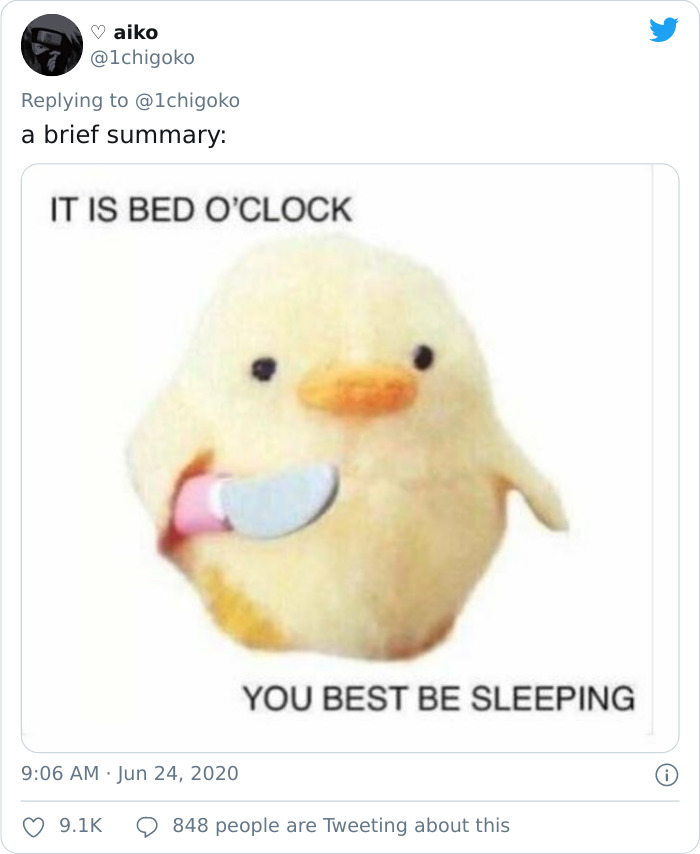
Image credits: 1chigoko
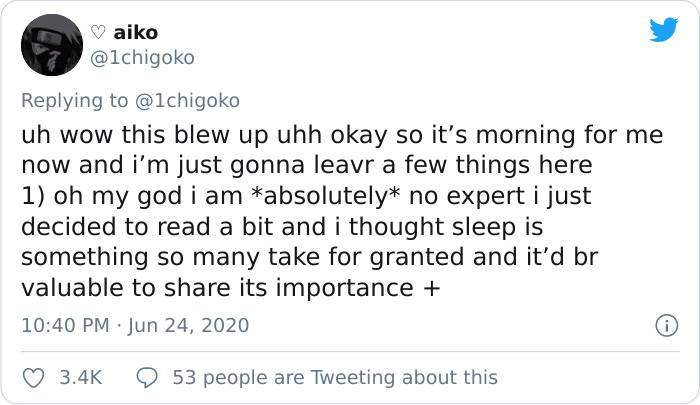
Image credits: 1chigoko
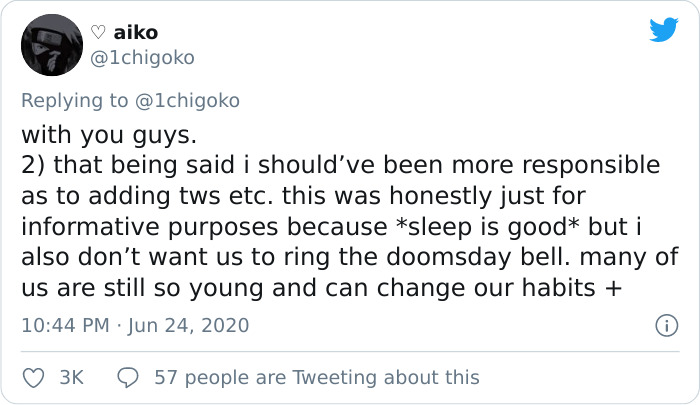
Image credits: 1chigoko
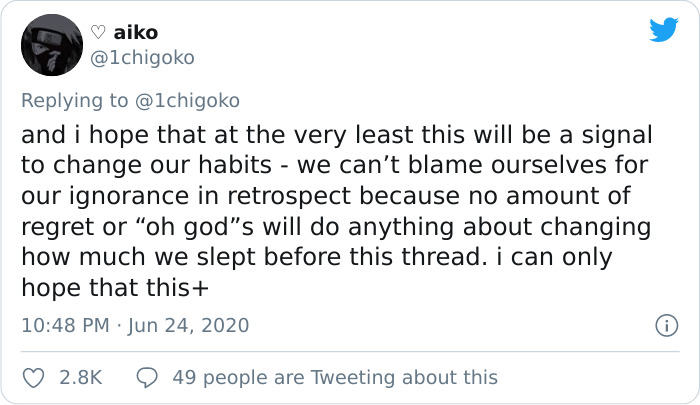
Image credits: 1chigoko
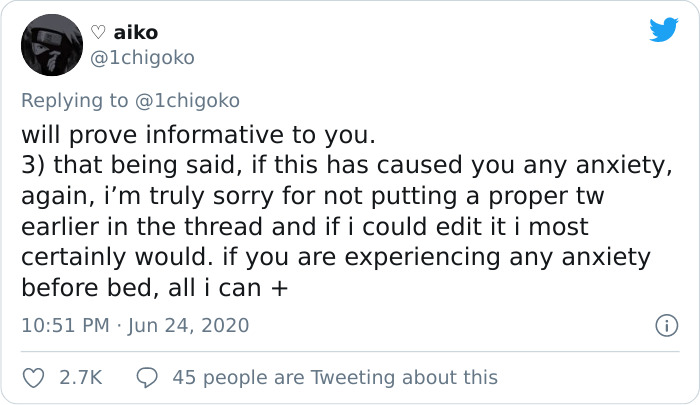
Image credits: 1chigoko
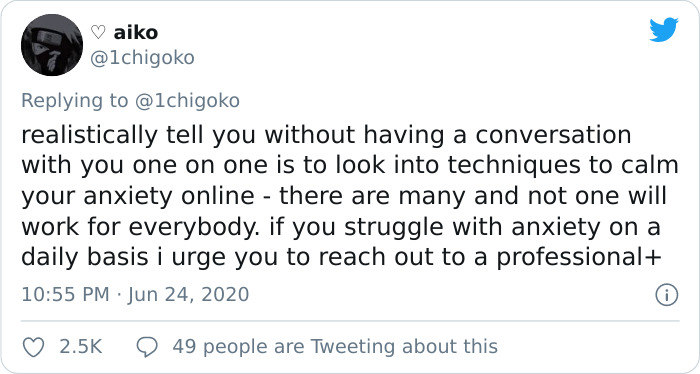
Image credits: 1chigoko
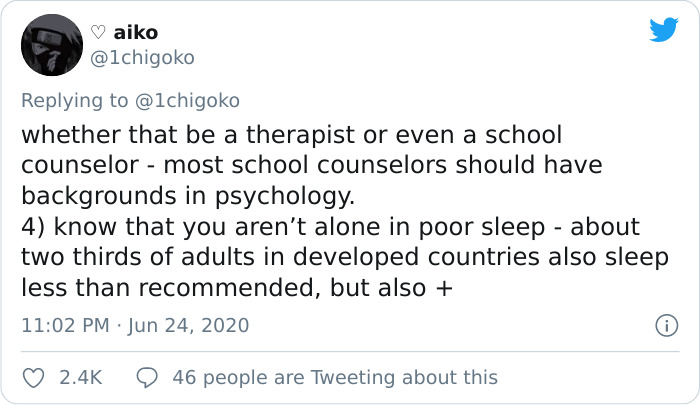
Image credits: 1chigoko
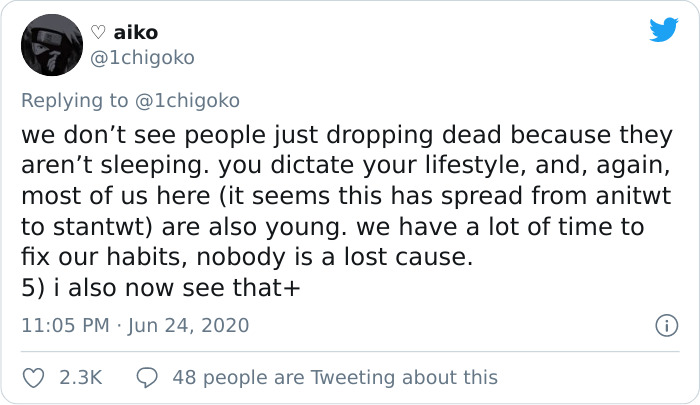
Image credits: 1chigoko
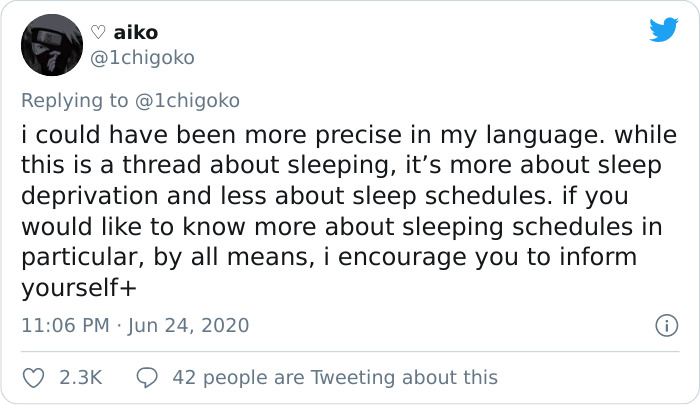
Image credits: 1chigoko
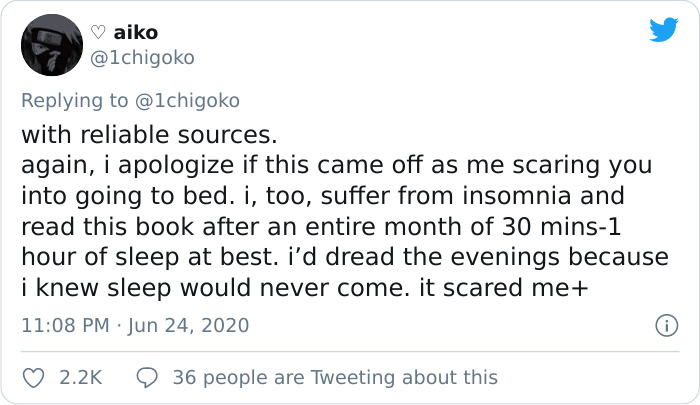
Image credits: 1chigoko
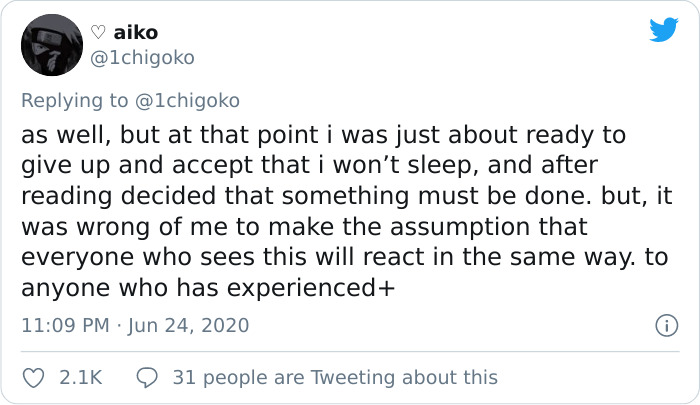
Image credits: 1chigoko
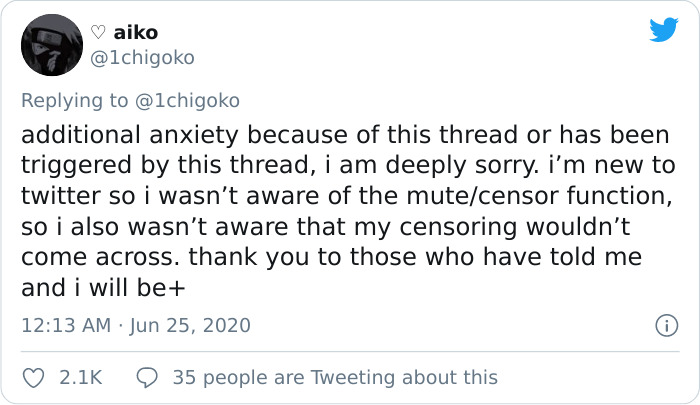
Image credits: 1chigoko
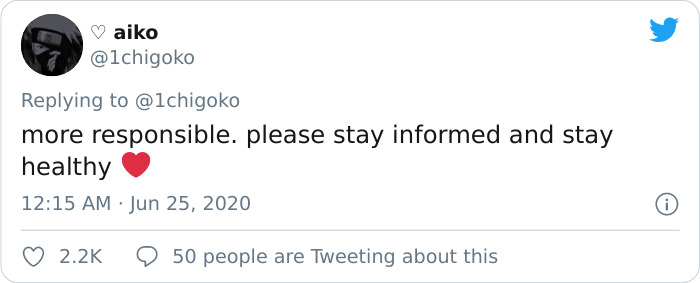
Image credits: 1chigoko
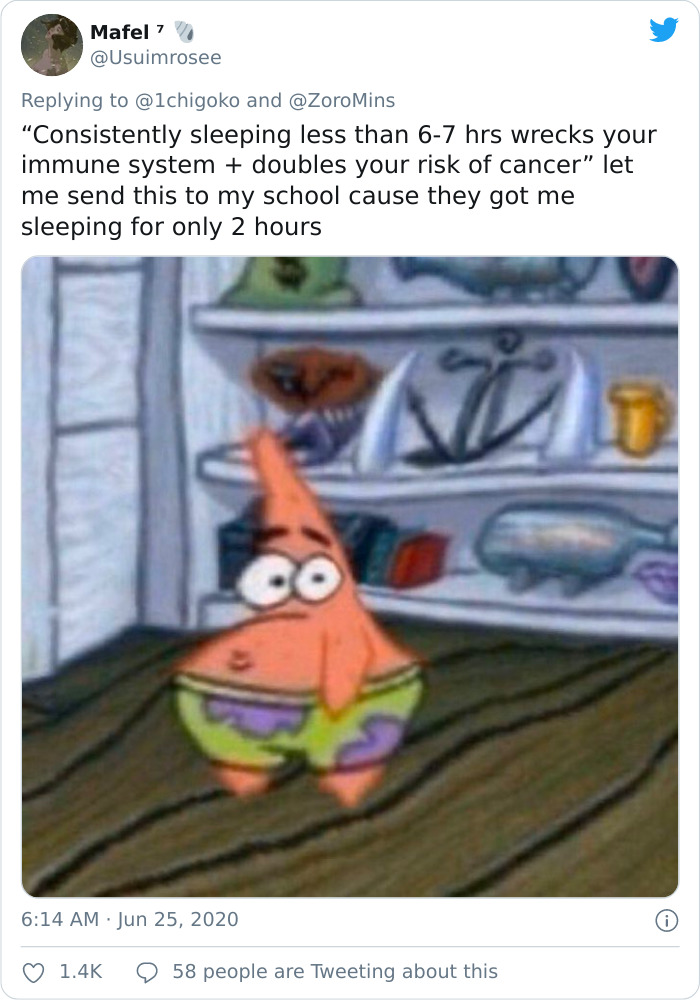
Image credits: Usuimrosee
And many got seriously scared into sleeping
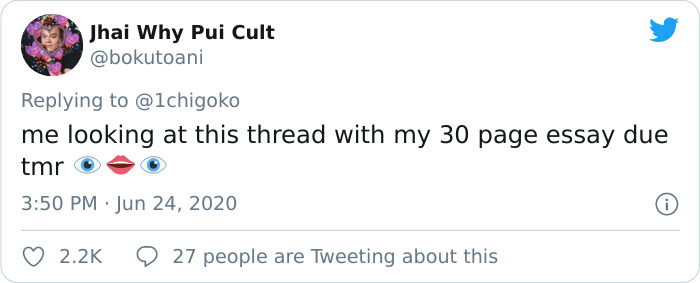
Image credits: bokutoani

Image credits: wheinwoo
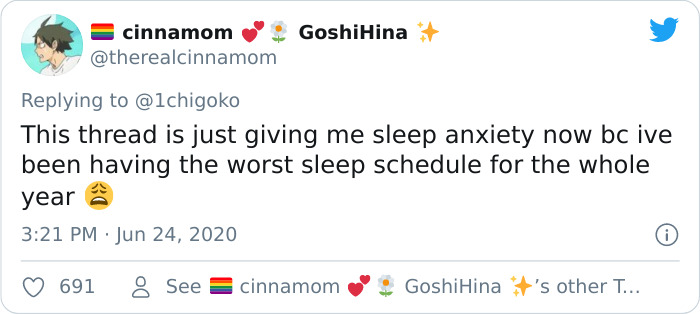
Image credits: therealcinnamom
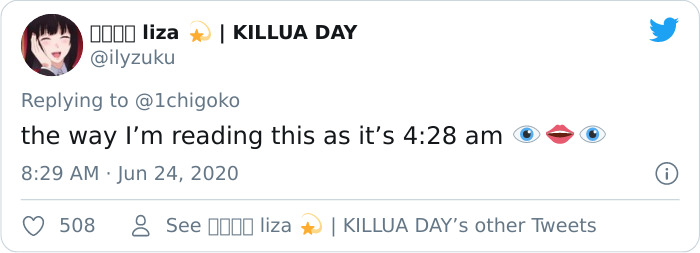
Image credits: ilyzuku
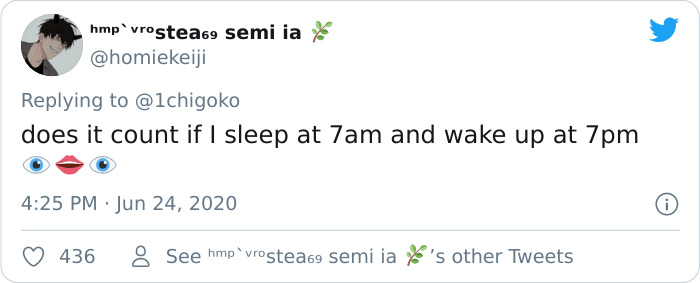
Image credits: homiekeiji
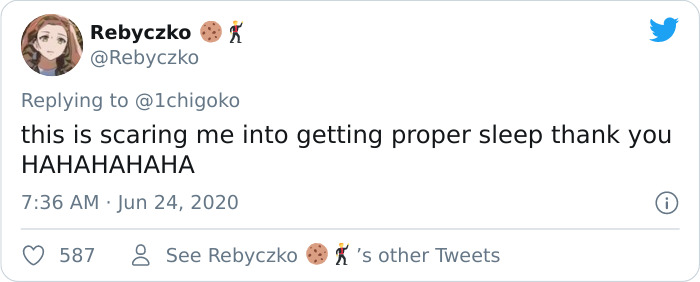
Image credits: Rebyczko
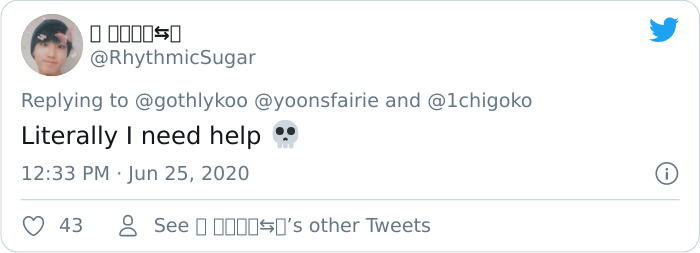
Image credits: RhythmicSugar
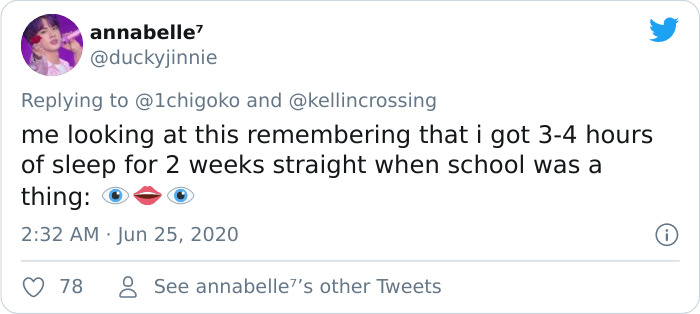
Image credits: duckyjinnie
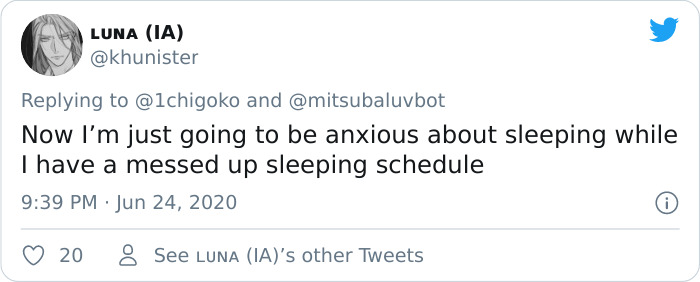
Image credits: khunister
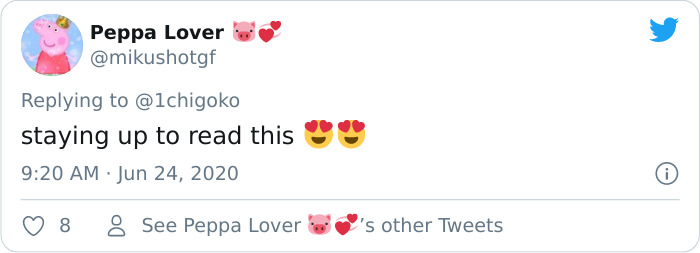
Image credits: mikushotgf
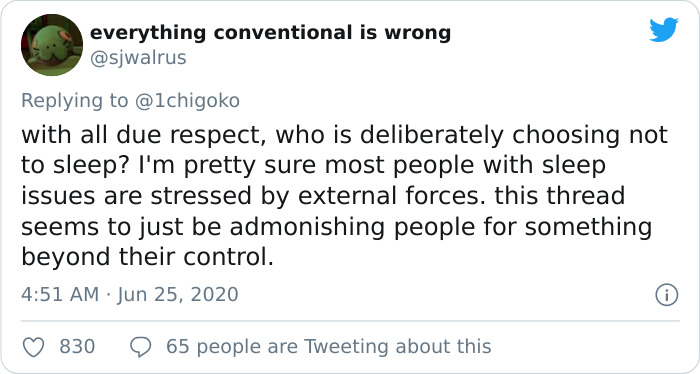
Image credits: sjwalrus
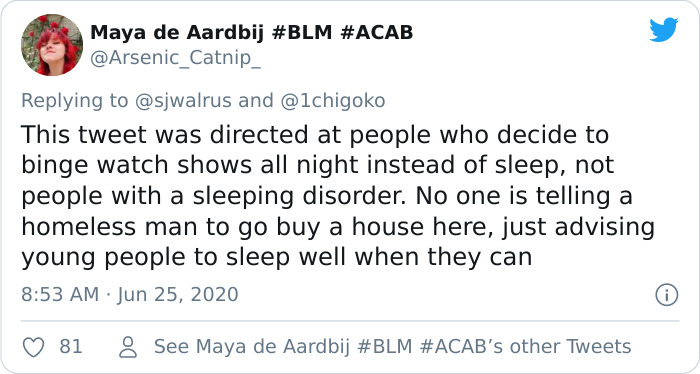
Image credits: Arsenic_Catnip_

No comments